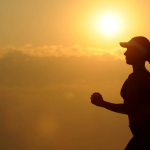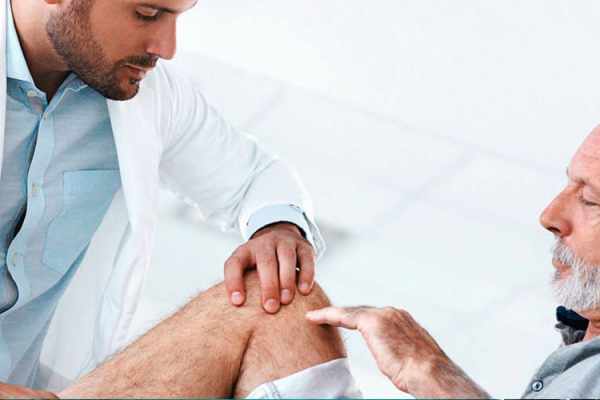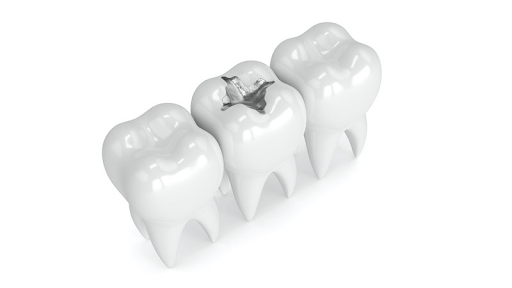The “acute” withdrawal period, often described as the “sickness”, is one of the most troubling and uncomfortable periods of recovery. It’s also the most well-known, from the “baby scene” in the film Trainspotting, to every addict who points to the pains, the insomnia and the vomiting as being the reason they struggle to kick their habit.
But as any former addict will tell you, the hardest part comes later because as bad as this period is, it’s also short. After this period comes a longer one filled with malaise, cravings and all kinds of emotional issues, including insomnia, depression and something known as anhedonia, which many former addicts describe as being worse than any “sickness”.
There are some things you can do to get through this difficult time though. These tips can help you to go 90 days sober, after which you’ve made it through the worst, your brain has recovered, and you can focus on getting back to the mindset you were in before addiction.
- Find a Hobby and Obsess
Anhedonia is the name given to a disorder whereby the sufferer struggles to derive pleasure from anything. It’s a horrible and unusual feeling, like being stuck in an isolated cabin all on your own, with nothing to keep you company but extreme boredom. The only difference is, it happens when you’re surrounded by the things that usually give you pleasure.
There is no real way to beat this feeling except to force yourself to do something and eventually you’ll become absorbed in it. If you have a period of withdrawals coming up, it’s a great time to buy some new video games, take up a new hobby, and let yourself obsess over them.
Play video games for most of the day, read, craft—do something that will distract you and stop you from clock-watching.
- Avoid all Substances
Drugs and alcohol weaken your inhibitions and your resolve. It might sound like a great idea to have a drink every now and then if you are recovering from opioid or benzo addiction, but it’ll have the opposite effect. Not only can the alcohol make you more sedate and fatigued when you are in recovery, but it could weaken your will power and lead to a relapse.
Supplements are okay, especially if they are designed to help you beat specific symptoms, but avoid anything that has a strong psychoactive effect and is addictive.
- Exercise
Exercise is a great recovery aid for several reasons. Firstly, it gives you a rush of endorphins, which will help to lift your mood and go someway to getting those damaged synapses firing again. Secondly, it will help your body to recover and your muscles to grow after what may have been years of neglect during addiction.
Finally, it’s a great incentive to stay clean. If you start seeing some major improvements, whether that be in the form of weight loss or muscle growth, you’ll be less inclined to use again, knowing that all of that hard work will go to waste.
- Meditate
Meditation is a great way to center yourself and can help to combat depression, anxiety and insomnia, all of which are common during protracted withdrawals.
It can be a little tricky to get used to at first, as your thoughts will be all over the place and you’ll struggle to attain any clarity, but persistence is key. Everyone experiences this at first and contrary to what you might think you are not immune to the effects of meditation—you just haven’t given it enough time to work.
If you’re avoiding it because of lower-back issues, lie down instead; if you’re avoiding it because you can’t keep your eyes half-open, just close them. There is no right way or wrong way and the only goal is to be still, to breathe slowly, and to try and empty your mind of thoughts.
- Eat Well
A diet high in sugar, caffeine and fat can have a negative effect on your mood and your health and make those withdrawals a whole lot worse. You’d be surprised at how much difference a proper diet can make to your psychological and physical health, especially during the protracted withdrawals, when your appetite starts to return and your bowels begin to settle.
Drink lots of water, avoid too many processed foods, salt and sugar, keep caffeine consumption to a minimum and eat whole, fresh foods as much as possible.











